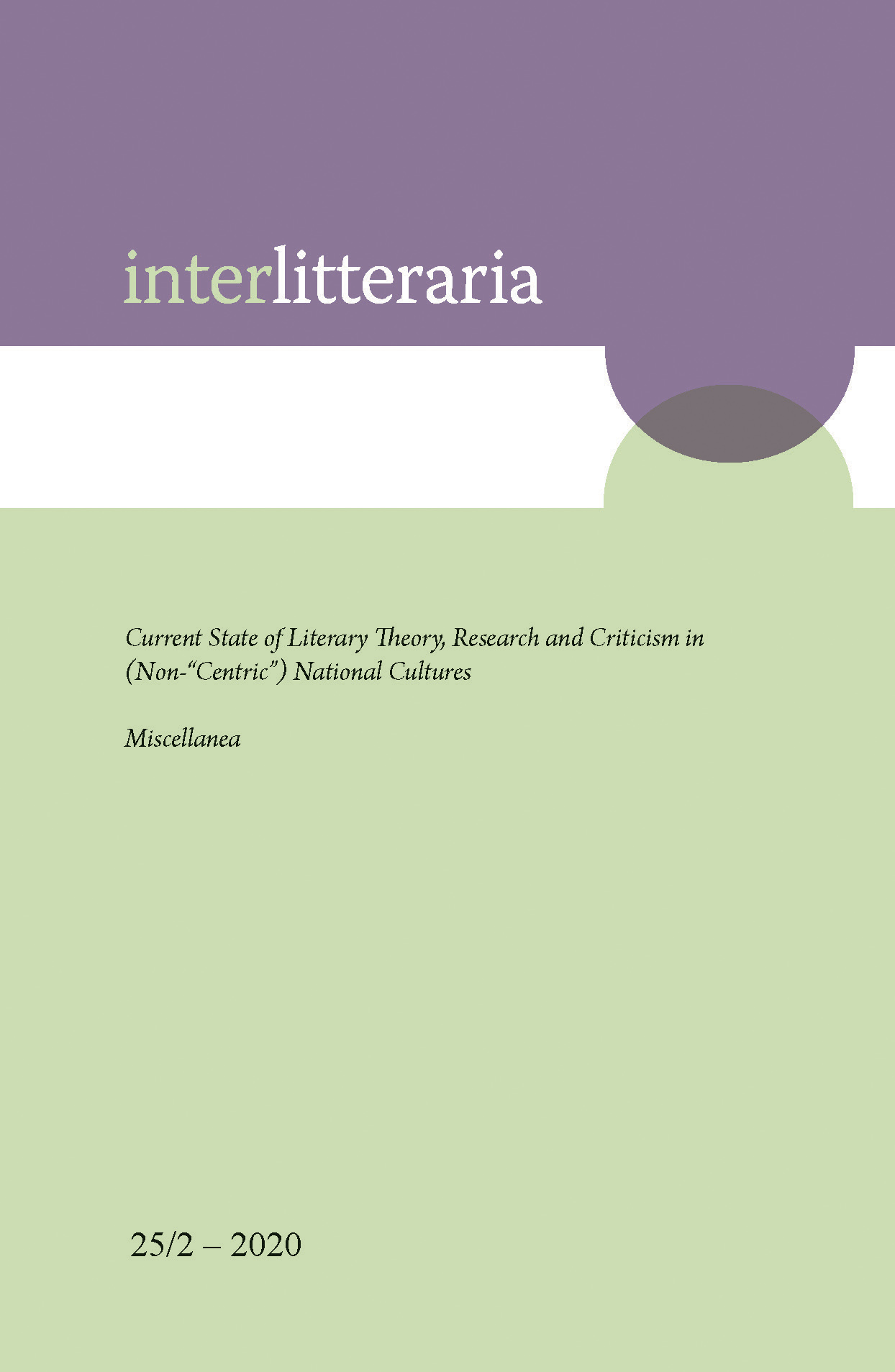Pour une théorie périphérique et/ou amoureuse : lectures d’Agamben, Derrida, Rancière
DOI:
https://doi.org/10.12697/IL.2020.25.2.13Keywords:
Giorgio Agamben, Jacques Derrida, Jaques Rancière, stanza, théorie amoureuseAbstract
For a Peripheral Theory in Love: Reading Agamben, Derrida, Rancière. The introduction of Giorgio Agamben’s book entitled Stanzas, Word and Phantasm in Western Culture is about the relationship of philosophy and poetry to knowledge in Western culture. The stanza is “the essential nucleus” of Tuscan poetry in the thirteenth century. It is actually an invention of Tuscan poets who call stanzas the parts that compose every canzone. Stanza is a word for chamber in Tuscan dialect as well as in Italian. Agamben points out that what makes possible its poetical existence is the fact that a stanza is a topos outopos, a topos which contains its own negation: it is the reality of unreality. Agamben’s thesis is that Western culture has forgotten the unitary status the Western word had until the thirteenth century. The thirteenth century could still conceive poetic activity as a philosophical one and then Western culture has known a separation between two poles that define knowledge and word. This paper aims to investigate the relationship between knowledge and words in Derrida, Rancière and Agamben.
Downloads
Downloads
Published
Issue
Section
License
The contents of Interlitteraria are published under CC BY-NC-ND licence.


